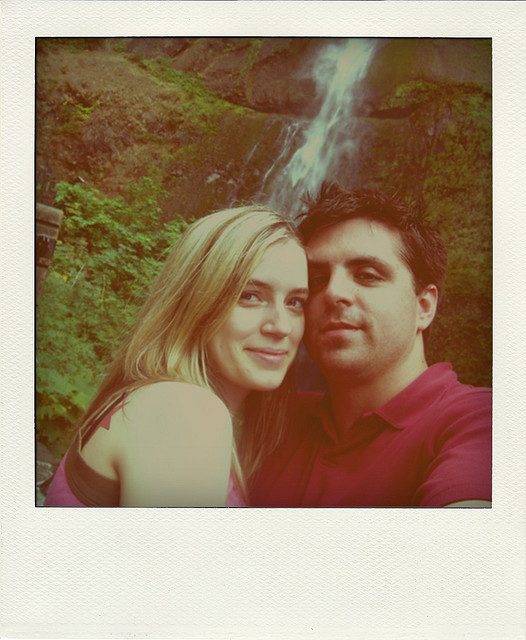
By A. Sandosharaj
1. The first time a man cheats on you—to your knowledge—you are old for a young woman: thirty. He is several years younger.
You do not leave him.
But it ends.
Briefly.
Your ego churns—who could she be? After all, your hair is unmatched, your jokes are funny. You’re often the most well read person in a room. What must she be like?
When you find out about the cheating, it’s weeks before September, when things will surely feel new, as they always do in the fall, a lucky byproduct from you never having really left school.
For now it is the driest part of summer, when he is with who you think is a new girlfriend, but is in fact an old girlfriend, but old only in the sense of previous because, at twenty-one, she is ten years your junior. Her age jerks in your throat. What have you accomplished with your ten-year head start?
2. Next you find out she is divine. Wholly, remarkably, indisputably divine. Her every attribute is your opposite: pillow pale to your teddy bear brown, sleek to your curves, commanding to your petite. You’ve piled up toothless degrees, and she? She quit high school.
It is no comfort. She has years—ten!—to return to her education, your only trump, to find Foucault or graphic design, whereas you know, outside of amassing useless suffixes, you’ve so far been a stall. There are no more degrees left.
3. When you finally see him again in September—in the bursting fall of the eastern seaboard—it’s football that brings you together, chatter about sports as talismanic as Christmas time, Christmas, when he will leave you again for her (this will be just before your winter birthday, which always falls near the Super Bowl, when you will not hear from him, not even a happy birthday text).
For now it is September. He has returned from her to you, arrived at his right mind, you hope. There is football every Sunday and classes have started on the campus where you feel a little more than the graduate student you once were. It is, as always, at least a new semester. The university life is still yours, as is he; his treachery was, you are growing more sure, a forgivable lapse.
You are weeks from sneaking into his phone, doubting her absence.
4. That will be December. December, when you meet in a cafe with her (stunningly beautiful) to listen to her (more divine than imagined) conjure a man you do not know: a boyfriend who plots surprise parties and selects lingerie, cooks breakfast and stays in. A boyfriend who chauffeurs. Who cares to argue. Who meets parents. Who adores. Gazing at her lovely face, you realize he has never once, on his ever-present phone, taken your picture.
“I don’t know if you’ve ever seen him cry,” she starts one story, and you wince, unable to keep listening. Really? That granite cries? Tears?
You are both polite, both victims, both too smart for this shit, and when he arrives, having discovered your meeting, he leaves with her.
But this is all long after September, when the cold stretch of the holiday break advances, when all you can remember is him helping her with her elegant coat.
5. For now it’s September and the prodigal is home. You’re in the pink gloom of five a.m., considering the colorful townhouses across the street as the September sun slips over their scalloped peaks. The wide shutters are lowered like the lids of tipped dolls, peeking. He is drowsily telling a story about his father who has just died after a year of cancer. He stops to play music from his phone. He will sleep for hours more; for you, it’s time to wake up.
The music he plays is, as with everything that is a matter of taste, undeniably good. It sounds like all the best music you’ve ever heard in your life, only… current. You will always admire this. His spare motorcycle, his handsome dog, his custom everything. He doesn’t just wear clothing, you know. He wears everything. Maybe even you.
As you dress for class you wonder, does he, too, feel the fresh start of September? The rising out of summer for new books, new clothes, empty grade sheets? Is it an annual blank slate for him, too? Does he too have this same feeling, you wonder, does he too know its promise? Or does it only belong to children and academics? You want to know.
•••
A.SANDOSHARAJ’s work appears or is forthcoming in cool places like The Rumpus, The Millions, Fourth Genre, River Teeth, Southeast Review, Massachusetts Review, Crab Orchard Review, River City, American Literary Review, Subcontinental, Racialicious, Addicted to Race, and Fiction is First. She teaches writing at Howard University in Washington DC.

 Follow
Follow
